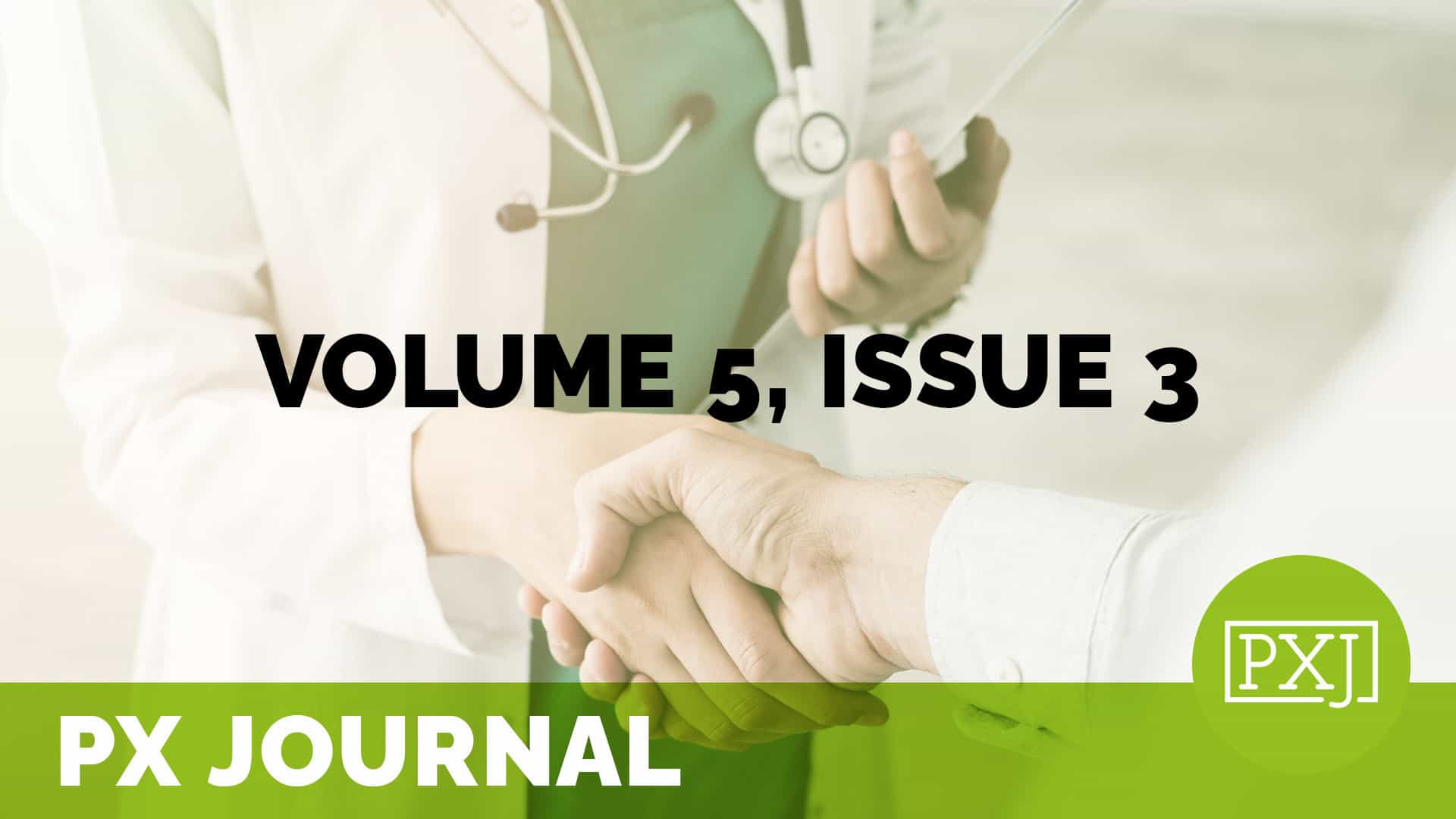Can specific feedback improve patients’ satisfaction with hospitalist physicians? A feasibility study using a validated tool to assess inpatient satisfaction
Published June 26, 2019


Related content
-
Patient Family & Community Engagement
PFAC Series – PX Chat: Starting a PFAC
Published October 1, 2025

12pm ET / 11am CT / 10am MT / 9am PT – Learn the foundational steps to create a strong and effective PFAC, from defining purpose and recruiting members to setting up structures for meaningful collaboration. Join us for a three-part interactive virtual series designed to help healthcare organizations start, strengthen, and sustain Patient and Family
Learn more -
Patient Family & Community Engagement | Quality & Clinical Excellence
Our Journey to Improving the Experience of Patients 65+
Published March 11, 2025

Join us for a panel discussion on enhancing patient experience for patients 65 and older. Experts will explore key population statistics, care challenges, and insights from consumer feedback to better understand patient needs. Learn strategies to improve communication clarity and address What Matters Most at every stage of care. Panelists will share lessons from a
Learn more -
Patient Family & Community Engagement
Engaging Children and Youth in Healthcare: A Developmental Approach
Published September 30, 2025

2pm ET / 1pm CT / 12pm MT / 11am PT – Current efforts to engage children and youth in hospital care lack a formal framework and engagement programs often rely solely on caregivers and guardians as proxies, overlooking their direct input. This presentation emphasizes the importance of involving children and youth directly in healthcare
Learn more
